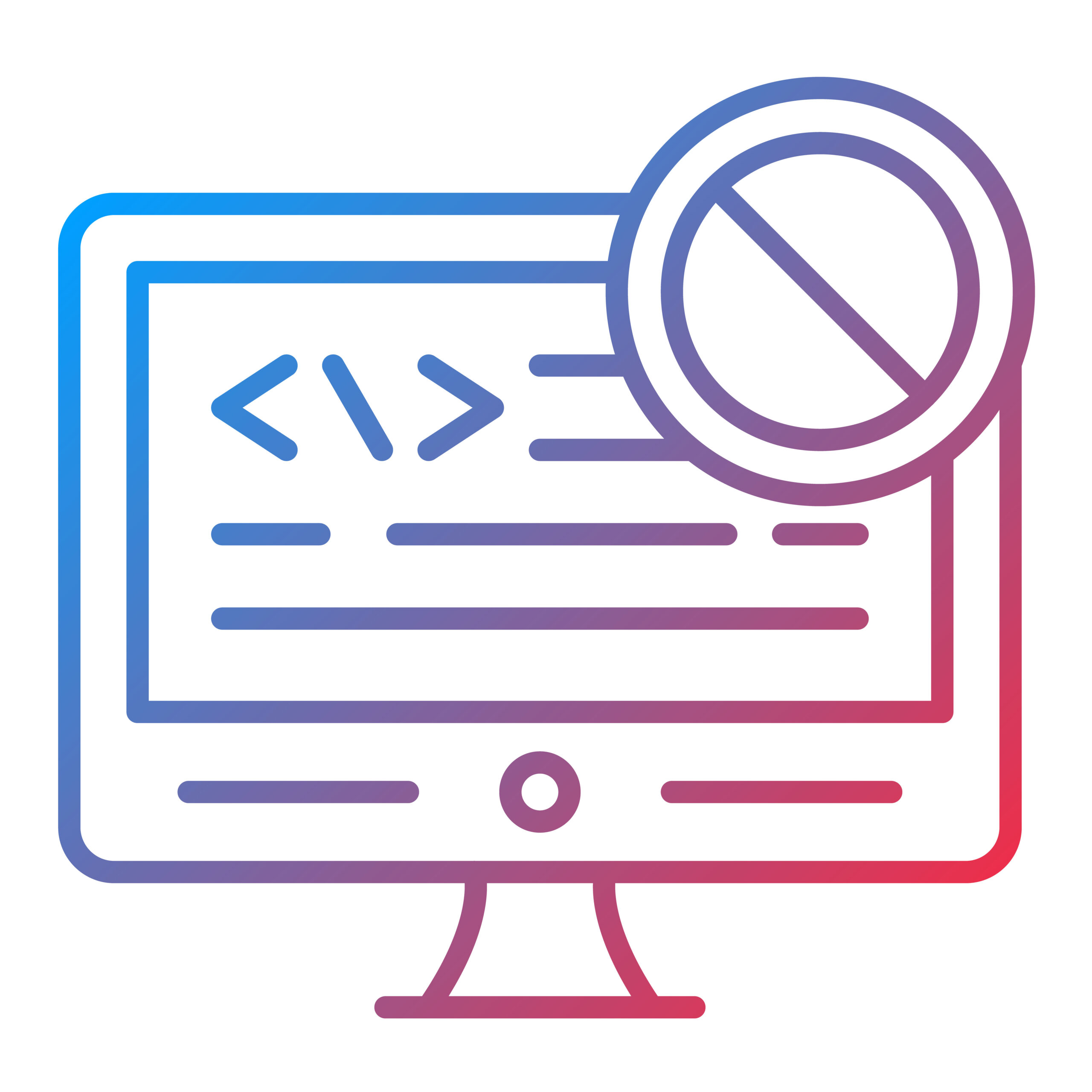Introduction
In the ever-evolving landscape of software development, low-code platforms continue to revolutionize the way applications are built and deployed. These platforms empower users to create custom applications with minimal coding, accelerating development cycles and enabling innovation. In this blog post, we’ll explore the top 10 low-code platforms in 2024, highlighting their key features, use cases, and benefits.
What are Low-Code Platforms?
Low-code platforms are software development tools that enable users to build applications with minimal manual coding. These platforms typically provide visual development interfaces, pre-built components, and automation features. They allow users to create applications more quickly and efficiently than traditional development methods.
Advantages of Low-Code Platforms
- Accelerated Development: Low-code platforms streamline the development process, enabling rapid prototyping and iteration.
- Reduced Cost: Low-code platforms can lower overall project costs by minimizing the need for extensive coding and development resources.
- Empowerment of Citizen Developers: Low-code platforms empower non-technical users to participate in the development process, democratizing app creation.
- Scalability and Flexibility: Many low-code platforms offer scalability and flexibility, allowing applications to grow and adapt to changing business needs.
Top 10 Low-Code Platforms in 2024
- Bubble: Bubble is a visual programming platform that enables users to build web applications without coding. It offers a drag-and-drop interface, workflow automation, and a rich ecosystem of plugins.
- OutSystems: OutSystems is a leading low-code development platform that allows users to build, deploy, and manage enterprise-grade applications with minimal coding. It offers features such as visual development, AI-assisted development, and seamless integration with existing systems.
- Microsoft Power Apps: Microsoft Power Apps is part of the Microsoft Power Platform, offering a suite of low-code tools for building custom business applications. It integrates seamlessly with Microsoft Office 365 and Azure services, enabling users to create apps for various purposes.
- Appian: Appian is a low-code automation platform that empowers organizations to build and deploy applications to automate business processes rapidly. It provides visual development tools, process modeling, and AI capabilities for building intelligent applications.
- Mendix: Mendix is a low-code application development platform that enables users to create and deploy web and mobile applications with speed and ease. It features visual modeling, collaboration tools, and built-in governance and security.
- Salesforce Lightning Platform: Salesforce Lightning Platform is a low-code development platform that allows users to build and deploy custom applications on the Salesforce ecosystem. It offers tools for app building, integration, and automation.
- Quick Base: Quick Base is a low-code platform for building custom business applications without coding. It provides a visual development environment, pre-built templates, and extensive integration capabilities for creating tailored solutions.
- Zoho Creator: Zoho Creator is a low-code application development platform that enables users to build custom business applications for various industries. It offers drag-and-drop interface design, workflow automation, and built-in collaboration tools.
- Kissflow: Kissflow is a low-code digital workplace platform that allows users to create and manage business applications, workflows, and forms. It offers visual development tools, process automation, and integration with third-party services.
- Google App Maker: Google App Maker is a low-code application development tool that allows users to create custom apps for their business needs. It provides a drag-and-drop interface, built-in templates, and seamless integration with G Suite services.
FAQs
Who can benefit from using low-code platforms?
Low-code platforms are beneficial for a wide range of users, including professional developers looking to accelerate development cycles, citizen developers with limited coding experience, and organizations seeking to streamline their application development processes.
Are low-code platforms suitable for enterprise-level applications?
Yes, many low-code platforms offer enterprise-grade features such as scalability, security, and integration capabilities, making them suitable for building complex, mission-critical applications.
How do low-code platforms differ from traditional coding?
Low-code platforms use visual development interfaces and pre-built components, reducing the need for manual coding. This accelerates development and makes app creation accessible to non-developers.
What are the limitations of low-code platforms?
While low-code platforms offer many benefits, they may have limitations in terms of customization, performance, and scalability for highly complex or specific use cases.
Can low-code platforms integrate with existing systems?
Yes, most low-code platforms provide integration capabilities with various third-party services, APIs, and existing systems, allowing seamless data exchange and extended functionality.
Are low-code platforms secure?
Reputable low-code platforms prioritize security, offering features such as data encryption, user authentication, and compliance with industry standards. However, it’s essential to evaluate the security measures of each platform.
How do I choose the right low-code platform for my needs?
Consider factors like ease of use, scalability, integration capabilities, security features, and specific use case requirements when selecting a low-code platform.
Can low-code platforms support mobile app development?
Many low-code platforms support both web and mobile app development, providing tools to create responsive and native mobile applications.
How do low-code platforms handle updates and maintenance?
Low-code platforms typically offer automated updates and maintenance features, reducing the workload on development teams and ensuring applications remain up-to-date.
What is the future of low-code development?
The future of low-code development looks promising, with continued advancements in AI, integration capabilities, and more enterprises adopting low-code solutions for digital transformation.
Do low-code platforms require coding knowledge?
While low-code platforms are designed to minimize the need for coding, some platforms offer advanced features that may benefit from a basic understanding of coding principles.
Conclusion
Low-code platforms are reshaping the software development landscape. They enable organizations to build applications faster, cheaper, and more collaboratively than ever. By leveraging the top 10 low-code platforms in 2024, businesses can accelerate innovation, drive digital transformation, and stay competitive in today’s rapidly evolving market.







